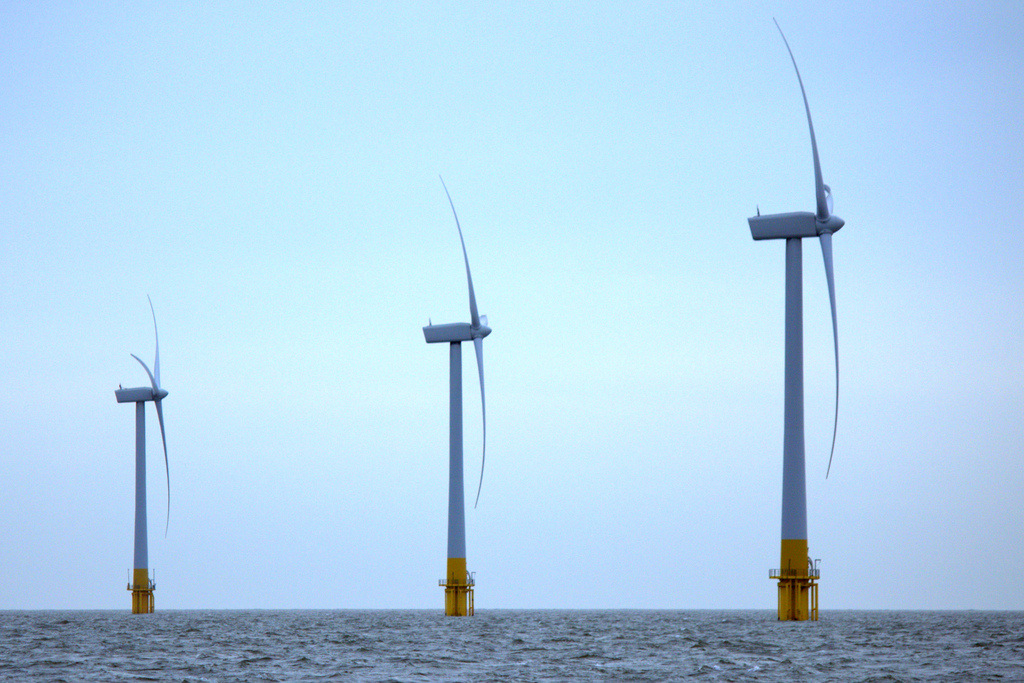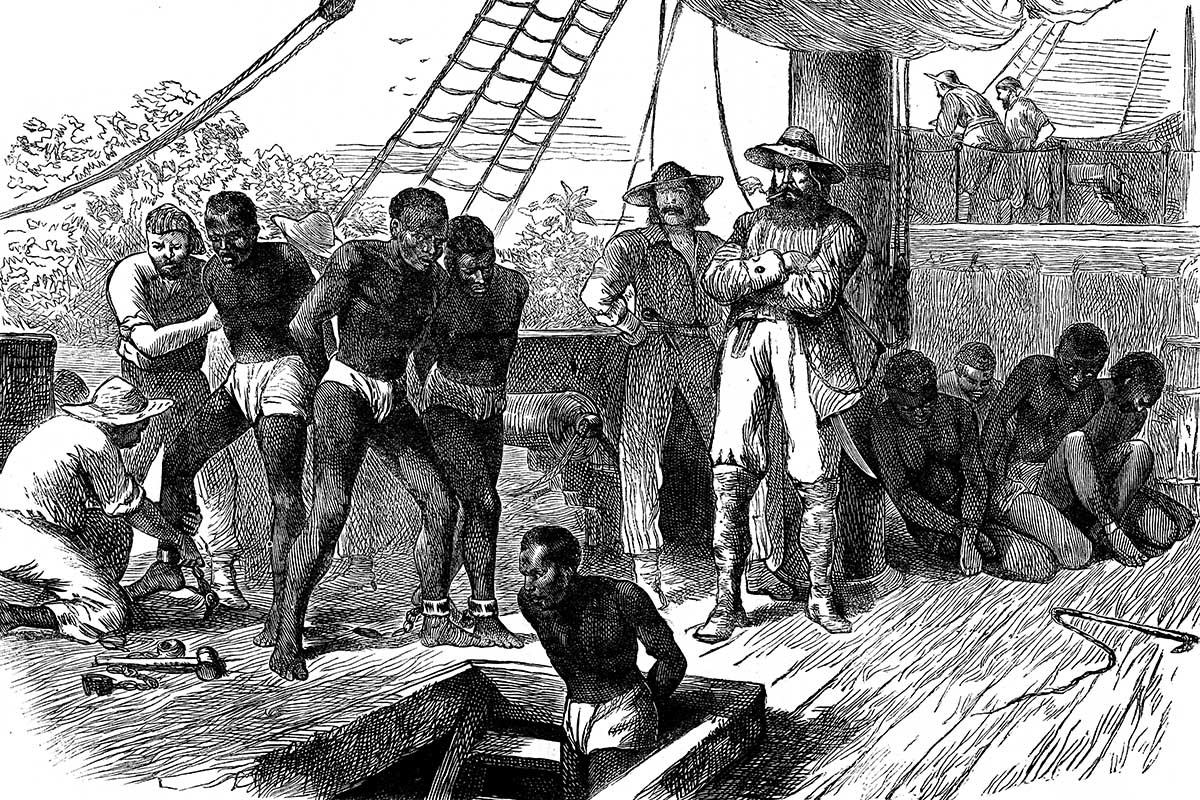“Using the Caribbean’s sun, sea and wind”
August 13th, 2015 The Caribbean’s natural resources drive the tourist industry, but Advira Shand, 25, a Commonwealth Correspondent from Manchester in Jamaica, says they also have a vital role in alternate energy and climate change.
The Caribbean’s natural resources drive the tourist industry, but Advira Shand, 25, a Commonwealth Correspondent from Manchester in Jamaica, says they also have a vital role in alternate energy and climate change.
When we think of the Caribbean’s radiant sunlight, exotic seas and refreshing breeze, we are automatically led to visualize scantily clad tourists scampering along beaches sipping coconut water. However, these remarkable Caribbean assets are not only the main driving force behind tourism, but they also play a key role in ensuring the growth and survival of the Caribbean region.
There has been widespread discourse surrounding climate change and its devastating effects. It is a known fact that states in the Caribbean region are especially vulnerable to the effects engineered by climate change. While we applaud the efforts that are being undertaken by our government officials to combat the effects of climate change, we are cognizant of the fact that more can be done in this regard. Presently, throughout our region, we are faced with exorbitant fuel prices for electricity while our demand and energy usage has caused irreversible harm to our environment and fostered climate change.
Luckily, the region is endowed with an abundant supply of water, wind and sunlight which are noteworthy renewable energy sources. Like many, I strongly believe that the future of our region and sustained reduction in climate change is greatly dependent upon the effective harnessing of these energy sources. The use of these renewable energy sources, unlike fossil fuels, does not pose any imminent threat to the environment or engender climate change.
The successful undertaking of renewable energy projects will undoubtedly provide employment opportunities for scores of Caribbean nationals. Sure enough, this will assist in reducing the staggering rates of unemployment within the Caribbean, thereby fostering needed economic growth. These aforementioned renewable energy projects will also provide adequate energy needed by businesses in the region and reduce the Caribbean’s unsavory dependence on foreign oil supplies. Most importantly, these energy sources – unlike others sources of energy – will never be depleted.
In an effort to reap the enormous benefits arising from renewable energy it is incumbent on policy-makers within our region to institute energy policies geared towards fostering sustainable renewable energy programs and projects, and providing adequate financial support for renewable energy initiatives. Although Jamaica is lagging behind in this regard, I am proud to note that it was recently posited by Jamaica’s Energy Minister, Phillip Paulwell that, under the Jamaican renewable energy policy, Jamaicans are being afforded low interest rate government loans “to enable them to procure renewable energy systems, particularly for solar devices”.
It is also of great importance that the Caribbean private sector begins exploring various lucrative renewable energy investment opportunities. In addition, Caribbean territories which are unable to provide the enormous amount of capital needed to undertake renewable energy initiatives should engage in sustainable partnerships with overseas private investors and developed nations.
The Caribbean region is fortunate to have an unlimited supply of renewable energy sources at its disposal. Therefore, it is left up to us as nationals to effectively capitalize upon these invaluable sources in a prudent manner, in an effort to preserve and protect our environment, foster economic and social growth and ensure reduction in climate change.
References
Caribbean to explore alternative forms of renewable energy (2014). Retrieved on July 28th, 2015 from www.caribbean360.com
Importance of Alternative Energy (n.d.). Retrieved on July 28th, 2015 from www.benefits-of-recycling.com
Paulwell reports strong support for renewable energy policy (2015). Retrieved on July 28th, 2015 from www.jamaicaobserver.com
Renewable Energy World (2015). Retrieved on August 4th, 2015 from www.renewableenergyworld.com
photo credit: Wind Turbines via photopin (license)
…………………………………………………………………………………………………
About me:
It is my desire to inspire growth among youths and within the region I inhabit. I have a Bachelor’s degree in International Relations and serve as a Managing Partner at WAGS Construction. It is my intention to undertake graduate studies that will help me in my quest to occupy a position within my country where I can assist in crafting policies that will fuel development within developing states.
…………………………………………………………………………………………………
Opinions expressed in this article are those of the author and do not necessarily represent the views of the Commonwealth Youth Programme. Articles are published in a spirit of dialogue, respect and understanding. If you disagree, why not submit a response?
To learn more about becoming a Commonwealth Correspondent please visit:
http://www.yourcommonwealth.org/submit-articles/commonwealthcorrespondents/
………………………………………………………………………………………………




